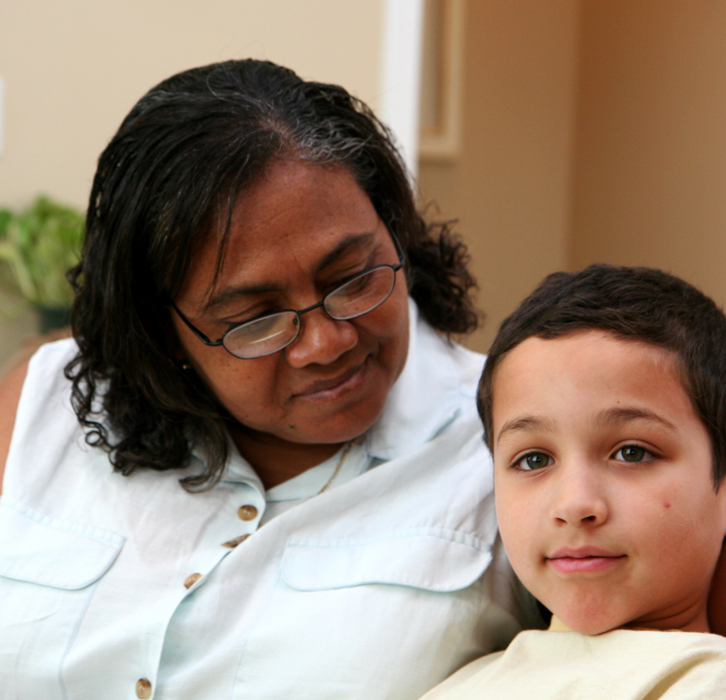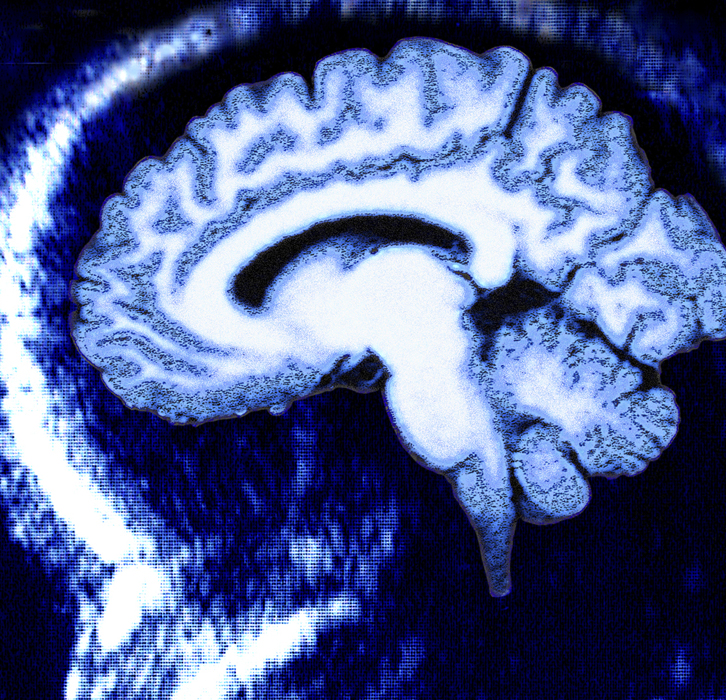Sensory Integration Disorder

What is Sensory Integration Disorder? Sensory Integration Disorder, also known as Sensory Processing Dysfunction (SID or DSI), occurs when an individual cannot process sensory information smoothly and efficiently. Children with this disorder may feel confused, afraid, overwhelmed, or angry when faced with sensations that other children handle easily. These emotions can influence their behavior significantly. […]
Neurological Reorganization (NR)

Neurological Reorganization, NR, or Neuro-reorg, is an intervention that addresses the challenges of a disorganized or injured brain. Some children have pervasive neurodevelopmental challenges that impact all areas of their functioning, and in worst cases children are globally delayed or brain injured. Children whose developmental trauma/attachment disorder beginnings have greatly impacted their development can benefit from […]
Eye Movement, Desensitization and Reprocessing (EMDR)

Eye Movement Desensitization and Reprocessing (EMDR) is a form of psychotherapy developed to alleviate the distress associated with traumatic memories. EMDR therapy helps people heal from emotional pain and psychological symptoms that are the result of disturbing life experiences. It is based on the idea that the mind can heal from psychological trauma much like […]
Trauma without Healthy Attachment: How a Child Feels

–by Janyne McConnaughey, PhD I sat on the floor next to her. I understood her fear of abandonment, the trauma she had experienced, and how her mother had been unable to provide any form of comfort. I watched her body shake uncontrollably and offered a blanket. I knew she would not want me to hold […]
What ‘Mad Men’ and Don Draper Taught Us About Trauma and Shame
–By Hilary Jacobs Hendel Manager’s note: The ATN blog is pleased to announce the addition of therapist and author Hilary Jacobs Hendel to our lineup of regular contributors. Although not as adoption- or attachment-focused as some of our other bloggers, Hilary’s work on core emotions and “The Change Triangle” provides precious insight into both our children […]
The Classroom through the Lens of Trauma
–by Janyne McConnaughey, Ph.D. The doctor my parents took me to was wise beyond his era. He said, “She seems to be a bit anxious about school. Maybe it would help to keep her home for a week.” My first-grade report card proves that his advice was taken. In the midst of almost perfect attendance, […]
The Fine Art of Consequences – Part I

–By Julie Beem A mother called me a while back. “What consequence can I give her?” she started, “She just won’t behave at school and the teacher keeps sending home notes. The only thing I can think of, the only thing she seems to enjoy is going to our church’s Wednesday night events. If I […]
Why Jeannie Can’t Tell Time

Staring at the analog clock in my therapist’s office, I wondered which hand was the big hand and struggled with my need not to go over my time.
“I can’t read the clock,” I said. It was awkward because I was 62, but I really wasn’t.
Nutrition

Many parents report their children finding relief and their behaviors improving if nutritional changes are made or vitamins and supplements are added to the child’s daily regime. Some have used protocols usually prescribed for children with autism, ADHD or other neurological disabilities. Child Diagnostics/Dianne Craft is a website that describes the use of nutrition and supplements […]
Neurosequential Model of Therapeutics (NMT)

This approach to therapy of maltreated children is being developed by Dr. Bruce Perry, a leading expert in early childhood trauma. Dr. Perry and the staff at Child Trauma Academy in Texas have created a “developmentally sensitive, neurobiologically informed approach to clinical work.” This approach is based on what Dr. Perry knows about brain development, which includes […]